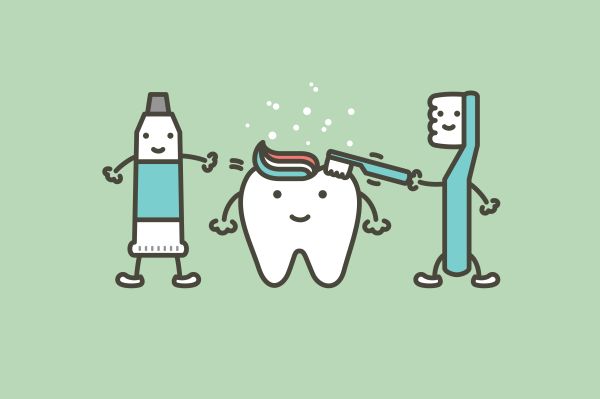FAQs About Sensitive Teeth

Sensitive teeth can be incredibly uncomfortable, and they lead many to alter the way they live their daily lifestyle, making them less productive and less happy throughout each day. Fortunately, there are several effective forms of treatment available to patients with sensitive teeth.
Sensitive teeth frequently asked questions
There are certain questions that dentists receive more often than others when it comes to the cause, diagnosis and treatment of sensitive teeth. The following are answers to four of the most frequently asked questions about sensitive teeth, including insight into the signs of sensitive teeth and how they are treated.
What causes sensitive teeth?
Underneath the dental enamel and inside the dentin are nerves. When enamel erosion occurs and the dentin is exposed, these nerves produce a painful feeling when exposed to a substance, especially heat, cold and pressure. In many instances, determining the cause of sensitive teeth starts with determining the cause of dentin being exposed, which might be the result of a cavity or damaged tooth.
Can sensitive teeth lead to other complications?
Sensitive teeth are often a symptom of a larger issue, such as a tooth infection or gum disease. If ignored, this larger issue can become even worse and might even result in the loss of the tooth. Thus, it is important to visit the dentist if one or more tooth is sensitive in order to receive effective treatment and ensure the underlying issue does not get any worse. There are times when good oral hygiene is enough to reduce sensitivity, but when in doubt, it is important to visit the dentist for treatment.
How are sensitive teeth treated?
The treatment for sensitive teeth depends largely on the cause. If the issue is gum disease or gum recession, your dentist might recommend an antibacterial toothpaste and mouthwash and scaling and root planing to treat the issue. If teeth are sensitive due to a damaged tooth, a crown can be placed to cover the tooth. If there is a tooth infection, then a root canal might be necessary.
When should I visit the dentist for sensitive teeth?
In some instances, sensitive teeth can be relieved by practicing good oral hygiene and dietary changes. However, if sensitive teeth last for more than a week or become intolerable, then it is time to visit the dentist for in-office diagnosis and treatment. Your dentist can conduct an oral examination and order dental X-rays if necessary to determine the cause of the sensitivity, which they can then effectively treat in most cases.
Talk to a dentist about sensitive teeth today
Tooth sensitivity is a concerning symptom that should be treated with a sense of urgency, especially if it causes increased discomfort or exists alongside other symptoms. If you suffer from sensitive teeth and want to find out how treatment can help you become pain-free once again, consult with us today and schedule a time to come in for an initial consultation, during which we can diagnose the issue and recommend treatment.
Are you considering sensitive teeth treatment in the Forest Hills area? Get more sensitive teeth information at https://metrosmiles.com.
Check out what others are saying about our services on Yelp: Read our Yelp reviews.
Related Posts
Oral health plays a vital role in your overall well-being. Dental advancements have revolutionized dentistry and can replace missing or damaged teeth and restore smiles. Implant dentists provide patients with effective and long-lasting solutions for missing teeth. This blog post will discuss common treatment options offered by implant dentists.Dental implants are small titanium posts that…
Investing in dental implants can be the healthiest thing that you can do for your dental health. Replacing missing teeth is necessary. Dental implants are the gold standard in dental replacements. Knowing how to care for your new implants can improve your oral health for a long time. Here are some pointers that you must…
Cosmetic dentistry can treat worn-down teeth. Using dental crowns can enhance your smile and oral health. Many people choose to have crowns or caps for their worn-down teeth. Caps have a high level of durability and aesthetic quality. If you want to know how cosmetic dentistry uses crowns to restore worn teeth, here are the…
Patients looking to replace missing or failing teeth may benefit from dental implants, a long-lasting dental restoration that mimics the function and form of real teeth. Depending on the patient's oral health, implant dentists use two types of implants: endosteal and subperiosteal. In this blog, we will closely examine the different types of implants and…
